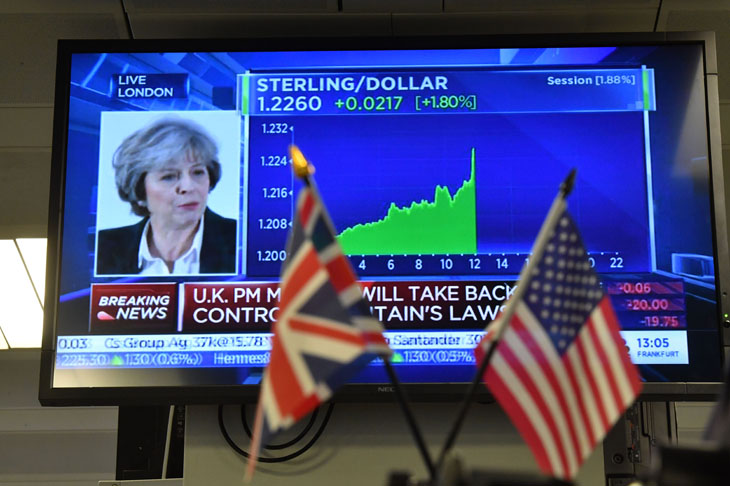As the election campaign goes into full swing, we hear surprisingly little about the state of the UK economy — because the Tories can’t (and probably don’t need to) promise that they can make it any better in the medium term than it is now, while almost no one takes seriously what Labour has to say about it. The truth is, against the odds and for the time being, that it’s ticking along nicely enough not to be a top concern for most voters.
Are we right to be so complacent? After a slowdown in growth to just 0.3 per cent in January to March, most analysts expect a pick-up in the current quarter, and the IMF now agrees with the Budget forecast of 2 per cent for 2017. The construction, services and manufacturing sectors all reported rising activity in April. Helped by the weaker pound, factory activity was actually at a three-year high. Job creation continues apace, and the latest reports say many employers are struggling to fill skilled vacancies. On the negative side, consumer confidence has weakened in response to the uptick of inflation, with YouGov’s monthly index for April giving a reading of 108, its lowest since last July — but still indicating that more people are confident than the reverse.
So what can go wrong? The answer comes in three parts. First, inflation could go higher (despite the rash Tory promise of an energy price cap), squeezing real wages, denting spending and forcing the Bank of England at last to contemplate raising interest rates. Second, related to that, the consumer debt bubble — credit cards, personal loans and financing deals for new cars — could go pop. Third and most likely, a hostile Brexit stand-off could create uncertainty on all fronts. Let’s get real: some or all of this is bound to happen, even if we’re not talking about it now.








Comments
Join the debate for just £1 a month
Be part of the conversation with other Spectator readers by getting your first three months for £3.
UNLOCK ACCESS Just £1 a monthAlready a subscriber? Log in